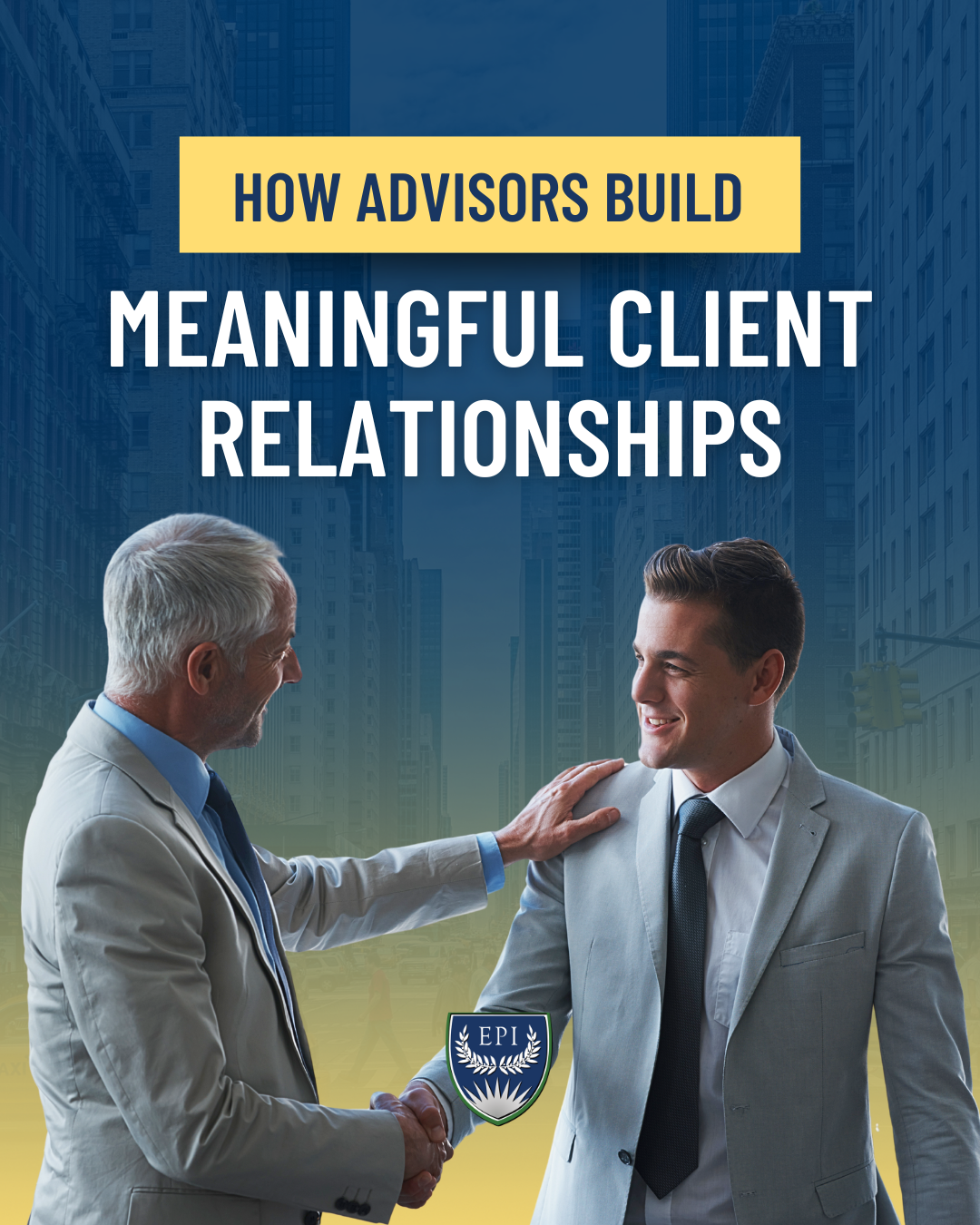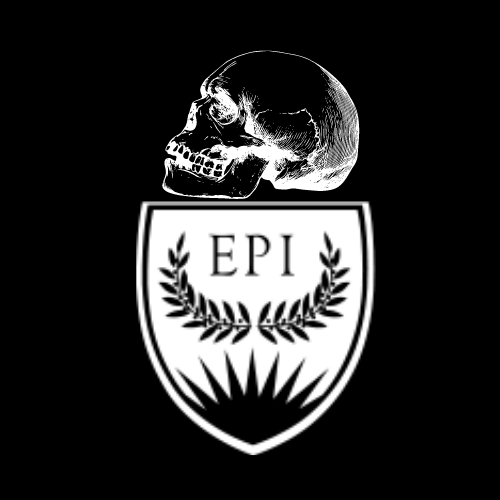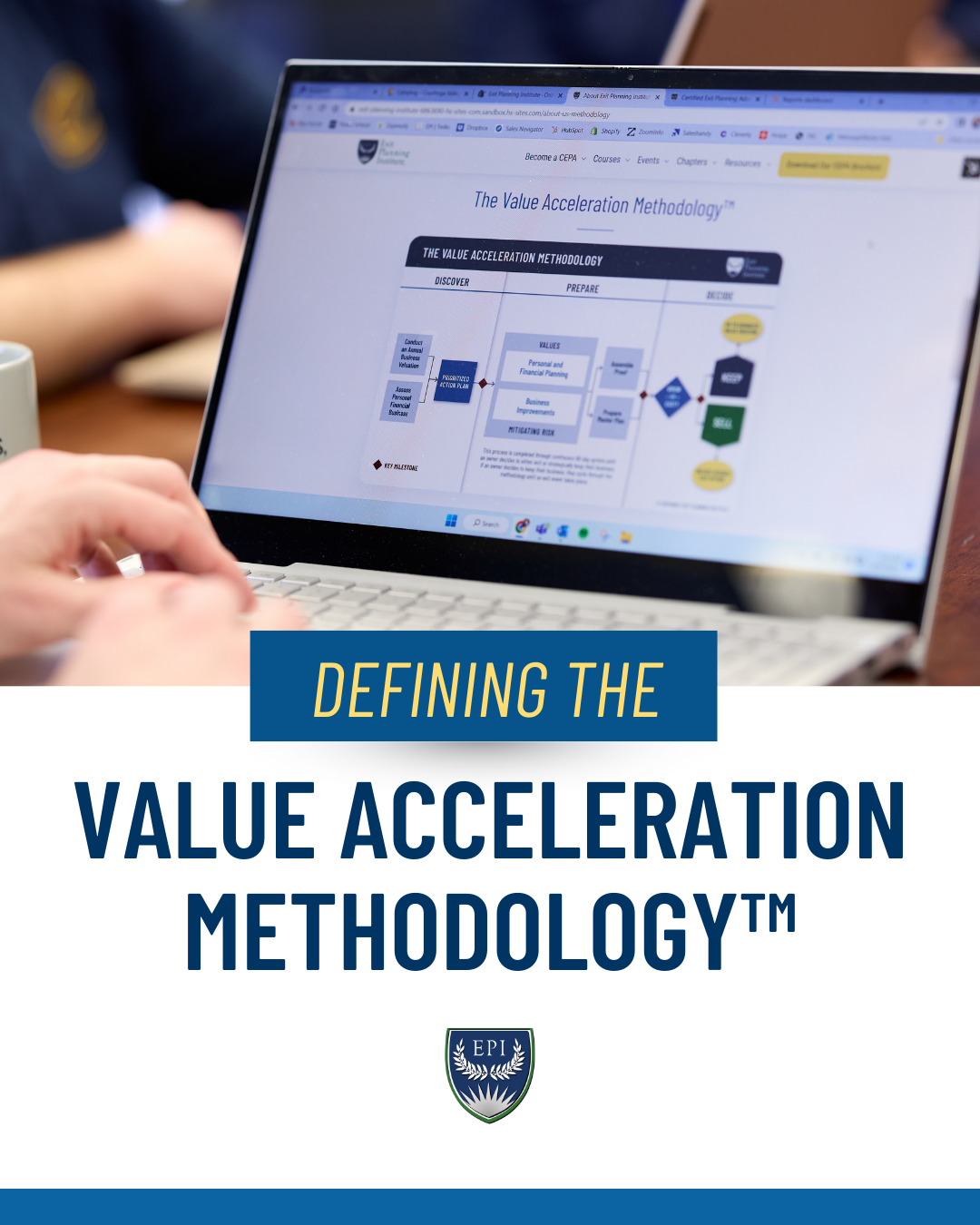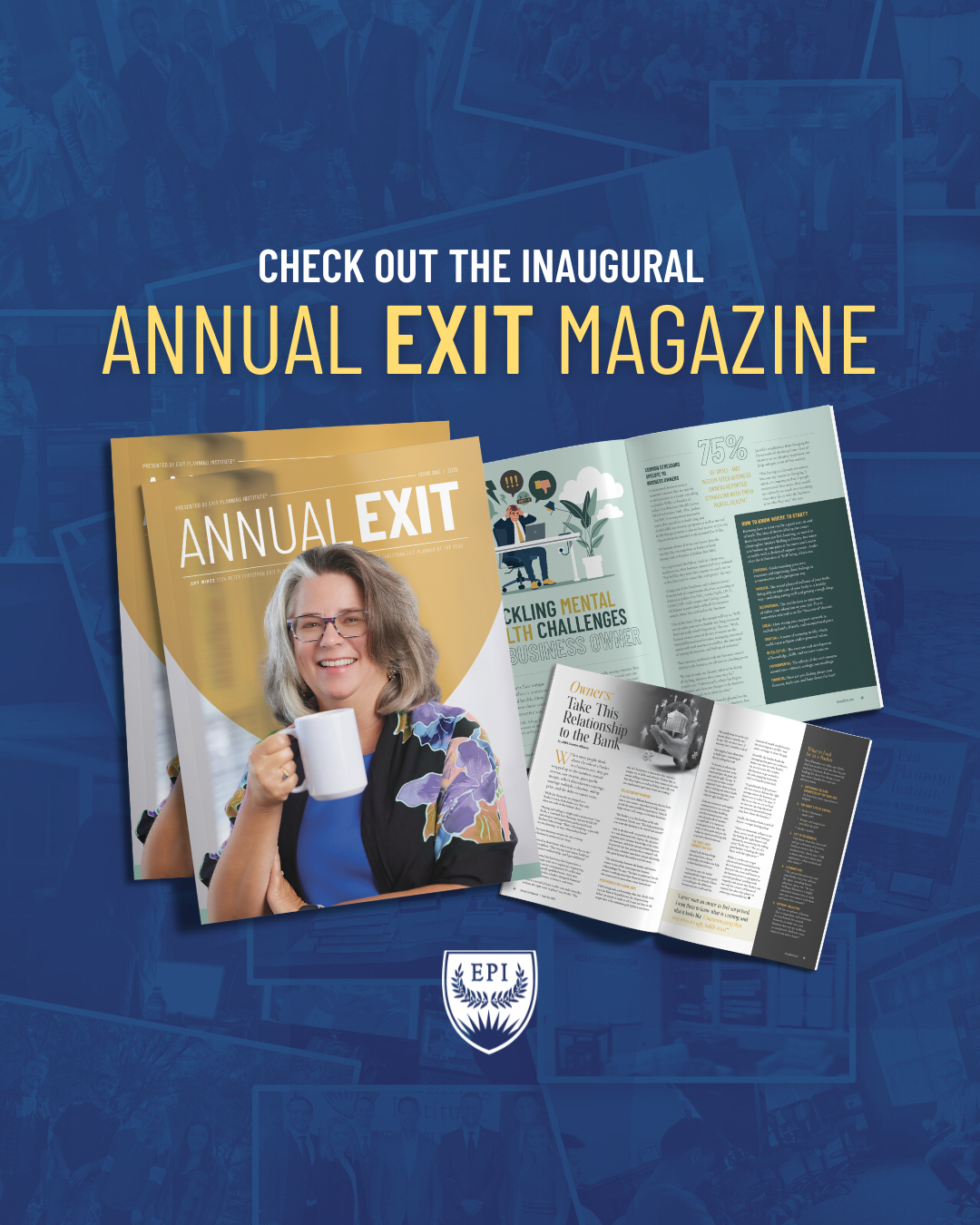
THE EXIT PLANNING BLOG
Keep up-to-date with exit planning, succession planning, industry trends, unique specialty insights, and useful content for professional advisors and business owners.
Share this
How Advisors Build Meaningful Client Relationships
by Kellie Nock on April 7, 2025

How Do You Define a Meaningful Client Relationship?
It’s probably something you’ve heard before—you must have a good relationship with your client to be successful. However, a good relationship, which can sound like a vague concept, might differ from a meaningful relationship. So, your first step in cultivating more profound, more significant relationships can start with defining what you believe to be a meaningful relationship.
Everyone approaches life—and business—with a different perspective. What is valuable to one business owner may not seem as valuable for a Certified Exit Planning Advisor (CEPA®). Key to creating and maintaining these relationships is realizing that you don’t necessarily have to adopt the other person’s perspective to create a meaningful relationship. Knowing where you align on your values is key to bridging any gaps, and connecting over the things that make us human is essential.
Business is personal, which is why it’s so important to get to know your business owner clients outside of the nine-to-five (or the extended hours that many owners find themselves working within). Ask about them—not just their business. Do they have kids? Pets? Where are they from? What made them choose this path in life? Did they get to choose it?
Approach this conversation as you would any other, with an understanding that you’re not asking these questions to tick a box off your to-do list but to truly listen and start to know the person you will be working with. Stay open and honest. Business owners appreciate being treated with respect, dignity, and kindness like any other person. As a CEPA, you are also handling what might be an extreme and very personal life transition for the owner, so proceed with grace and mutual trust.
Building a Strong Core of Trust
Think of your most important interpersonal relationships. What is a key element that each one shares? Trust.
Trust is crucial for creating and maintaining any kind of meaningful relationship. Just as in your personal life, trust is equally vital for your client relationships, setting a foundation for communication, collaboration, and striving for the best outcome every time. Genuine authenticity—honesty, vulnerability, empathy—builds trust at a base level, creating a core framework for every interaction you have moving forward.
At Exit Planning Institute® (EPI), trust accelerators build on that foundation to encourage meaningful growth and also best-in-class performance. These trust accelerators are:
- No meetings after the meeting
- Put yourself in other people’s position
- Listen while avoiding judgment
- Confidentiality
- Honesty without repercussions
- 100% preparedness and participation
- Respectful
- Deliver the mail to the right address
Applying these trust accelerators to your client relationships or coming together to pin down the few key trust accelerators that work best for you and the owner is a great way to build and foster a meaningful relationship.
Creating Your Own Parameters
No two business owners will ever be exactly the same. There may be traits that are familiar across the board but treating each owner as an individual rather than an entity goes a long way in creating a lifelong relationship that can be significant for both the owner and the CEPA.
As emphasized by EPI’s 2024 Exit Planner of the Year Amy Wirtz, “We say at the Family Business Consulting Group, if you’ve met one family business owner, you’ve met one family business owner. You cannot have a box solution for humans. You have to get to know them.”
Getting to know them without treating them like a business transaction is crucial. Amy continues, “You have to get to know what’s keeping them up at night. You have to get to know what’s exciting them. What do they dream about? What do they have nightmares about?” Read more of Amy’s thoughts on business owner relationships and being authentically yourself in business in EPI’s Annual Exit.
If you’ve achieved your CEPA designation, you understand that core to exit planning is the Value Acceleration Methodology™ (VAM), which is the framework that tells us that value growth and acceleration are continuous rather than just at the point of sale. Just as it is in VAM, building the relationship doesn’t just happen at one point. It is continuous, ongoing, and a clear demonstration of the commitment to achieve the best outcome, keeping in mind that this best outcome is not just for the achievement but also so that the business owner can feel confident, comfortable, and satisfied in their exit.
Our collection, Mastering the Market: Connecting People, offers more on building meaningful relationships with fellow advisors and business owners.
Download Mastering the Market: Connecting People
Related Resources:
Share this
- Blog (548)
- CEPA (431)
- exit planning (249)
- CEPA community (188)
- Business Owner (175)
- Exit Planning Summit (99)
- EPI Chapter Network (89)
- Value Acceleration Methodology (81)
- Exit Planning Partner Network (76)
- EPI Announcement (50)
- Content (48)
- Webinars (37)
- Excellence in Exit Planning Awards (34)
- Marketing (30)
- 2024 Exit Planning Summit (28)
- 5 Stages of Value Maturity (26)
- Books (24)
- EPI Academy (24)
- EPI Team (22)
- Exit Planning Teams (22)
- Leadership (21)
- 2023 Exit Planning Summit (20)
- family business (20)
- women in business (19)
- Intangible Capital (18)
- Exit Options (17)
- Black Friday (16)
- CPA (15)
- Walking to Destiny (15)
- Chapters (14)
- State of Owner Readiness (14)
- charitable intent (13)
- Chris Snider (12)
- National Accounts (12)
- Small business (12)
- personal planning (12)
- Financial Advisors (11)
- Season of Deals (9)
- 5 Ds (8)
- About us (8)
- Podcast (8)
- Scott Snider (8)
- Insiders Bash (7)
- Christmas (6)
- Exit Planning Content Library (6)
- Case Studies (5)
- Owner Roundtables (5)
- Three Legs of the Stool (5)
- Value Advisors (5)
- financial planning (5)
- Awards (4)
- Circle of Excellence (4)
- EPI Thought Leadership Council (4)
- Exit & Succession (4)
- Five Ds (4)
- executive training (4)
- DriveValue (3)
- Owners Forum (3)
- author (3)
- forbes (3)
- Exit Is Now Podcast (2)
- Peter Christman (2)
- Veteran (2)
- Whitepapers (2)
- Annual Exit (1)
- Business Owners Forum (1)
- SOOR (1)
- business consultants (1)






